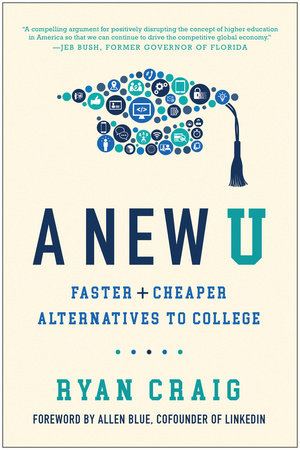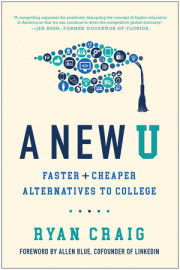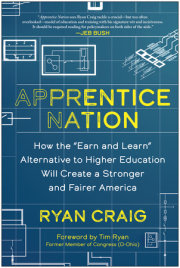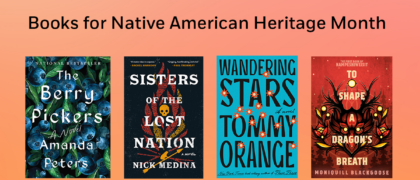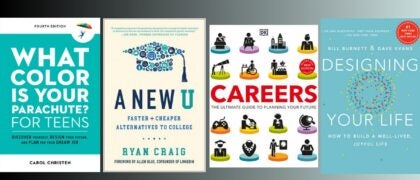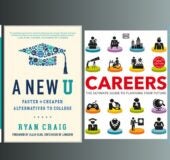"Technology has provided us with limitless opportunity to innovate and customize every aspect of our lives, but our education system regretfully remains stuck in the past. Ryan Craig makes a compelling argument for positively disrupting the concept of higher education in America so that we can continue to drive the competitive global economy."
—Jeb Bush, 43rd Governor of Florida and founder and chairman of the Foundation for Excellence in Education
"Every parent, counselor, mentor, and educator should read this book. We owe it to our students and kids to understand what's happening in higher education in America to prepare ourselves to provide the best possible advice on college."
—Allen Blue, co-founder of LinkedIn
"Ryan Craig succinctly outlines how higher education will be reshaped by forces already seeded and in play. College and university leaders must listen to these signals from the future to effectively chart the path forward."
—Van Ton-Quinlivan, executive vice chancellor of California Community Colleges
"Ryan Craig is one of the great thinkers and disruptors in postsecondary education today. He provides important insights into the challenges students face in navigating our current system, and offers provocative ideas on how to think differently about multiple pathways and new delivery models that can empower all individuals with the education and training they need to achieve the rewarding careers and fulfilling lives they deserve."
—William D. Hansen, president and CEO of Strada Education Network and former US Deputy Secretary of Education
"Ryan Craig demonstrates that in a time when talent is at a premium, producing that talent in new and different ways must be a priority. A New U is really about a New Us, a world where faster, cheaper—and arguably better—learning will produce the talent we need in the 21st century."
—Jamie Merisotis, president and CEO of Lumina Foundation
"A New U documents the clear misalignment of higher education's promise and delivery for students of today and the future. Craig makes a compelling case for transformative innovation in higher education and provides numerous examples of emerging opportunities. The question: Will the higher ed community respond or become obsolete?! This is a must-read for anyone who is committed to finding innovative, responsive pathways forward."
—Hanna Skandera, former New Mexico Secretary of Education
"Fasten your seat belt! Ryan Craig takes us on an eye-opening journey through the world of higher education, and the many rapidly-emerging alternatives, in this must-read book. I couldn't put it down, and as soon as I finished I wanted to re-read it. It's brimming with the most compelling anecdotes, examples, and statistics, and will forever change your view about the role of postsecondary education in launching young adults into careers, and leveling society's playing field."
—Ted Dintersmith, executive producer and author of Most Likely to Succeed and What School Could Be
"A New U is the book I wish I had written—minus Ryan Craig's hilarious stories from his own college experience. This book paints a plausible portrait of how the disruption of traditional colleges will occur and should be required reading for all who care about the future of higher education."
—Michael B. Horn, cofounder of the Clayton Christensen Institute for Disruptive Innovation
"Don't be fooled by Ryan Craig's new book. It's not another anti-college diatribe. Instead, Craig proposes a more rational approach to making decisions about postsecondary education, laying out a method to help families make sense of a confusing panoply of alternatives. Unfortunately, these alternatives are not yet widely known. Whether you are a parent, a student in high school, a policy maker, or an employer, you should read this book to better understand these broader alternatives."
—Marie Cini, president of the Council for Adult and Experiential Learning (CAEL)
"A New U details the new landscape of alternative education providers outside the walls of traditional colleges and how new providers are putting pressures on existing colleges to focus on employment outcomes while lowering their prices. This witty and sharp book is an important read for those of us in traditional higher education as well as for policymakers and people considering college."
—Robert Kelchen, assistant professor of higher education at Seton Hall University

